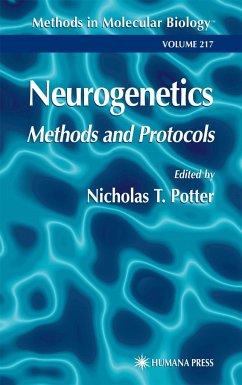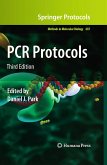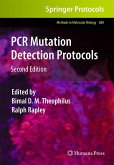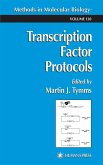The rapid identification and characterization of genes of neurological relevance holds great potential for offering insight into the diagnosis, management, and und- standing of the pathophysiologic mechanisms of neurological diseases. This volume in the Methods in Molecular Biology(TM) series was conceived to highlight many of the contemporary methodological approaches utilized for the characterization of neu- logically relevant gene mutations and their protein products. Although an emphasis has been placed upon descriptions of methodologies with a defined clinical utility, it is hoped that Neurogenetics: Methods and Protocols will appeal not only to clinical laboratory diagnosticians, but also to clinicians, and to biomedical researchers with an interest in advances in disease diagnosis and the functional consequences of neu- logically relevant gene mutations. To meet this challenge, more than 60 authors graciously accepted my invitation to contribute to the 32 chapters of this book. Through their collective commitment and diligence, what has emerged is a comprehensive and timely treatise that covers many methodological aspects of mutation detection and screening, including disc- sions on quantitative PCR, trinucleotide repeat detection, sequence-based mutation detection, molecular detection of imprinted genes, fluorescence in situ hybridization (FISH), in vitro protein expression systems, and studies of protein expression and function. I would like to take this opportunity to formally thank my colleagues for their effort and dedication to this work.
"This book provides detailed laboratory methods in its of 32 chapters. Each chapter provides sufficient detail to allow the duplication of the laboratory method. The emphasis is on neurogenetic diseases and the methods are all molecular biological including PCR, DNA sequencing, Western Blot, and Southern Blot. Diseases covered include Huntington's disease, Charcot-Marie-Tooth, Rett's Syndrome, Leber's Optic Atrophy, spinocerebellar ataxias, Parkinson's disease, and neurological mitochondrial diseases.. This is a unique and highly useful book that details laboratory methods in more detail than any comparable book. Laboratory scientists and investigators who wish to use neurogenetic laboratory methods to study these disorders will find great value in this compendium of methodologies."-Doody's Health Sciences Book Review Journal








